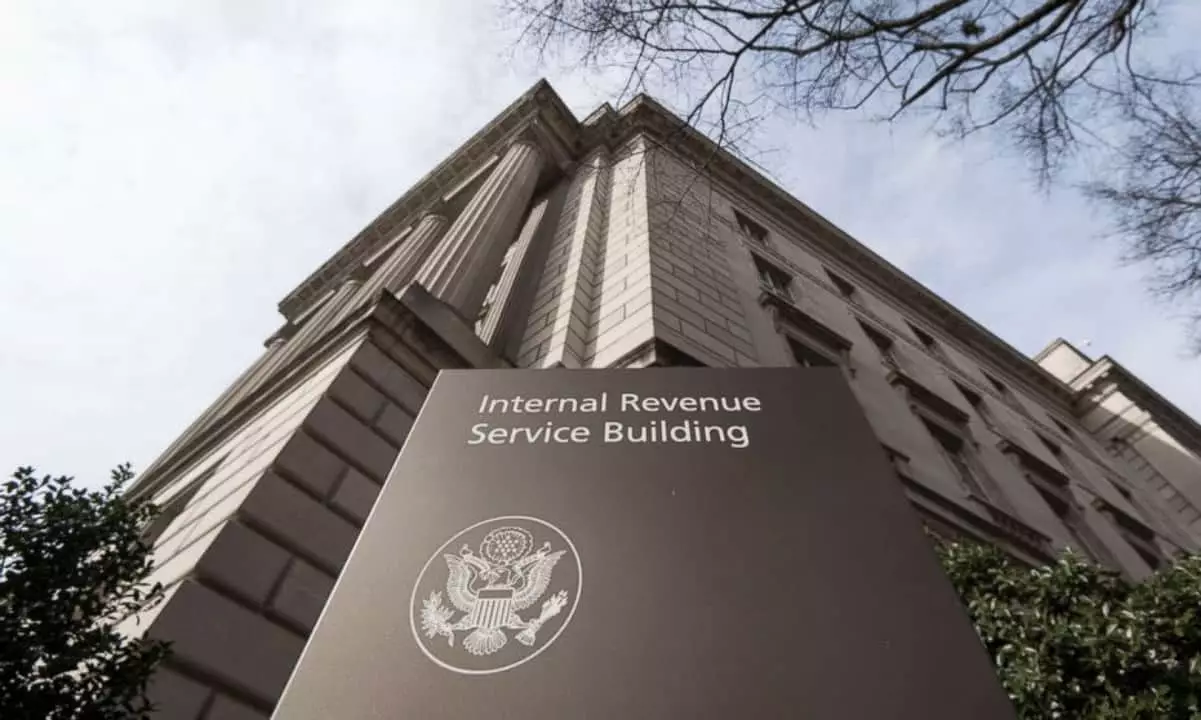As the cryptocurrency landscape continues to evolve, so too do the regulatory frameworks governing it. Starting in 2025, major changes will affect how digital asset transactions are reported to the Internal Revenue Service (IRS). This shift is particularly pertinent for investors utilizing centralized exchanges (CEX), as new reporting obligations will substantially impact their filing processes. Understanding these changes is crucial for investors looking to navigate the complexities of tax compliance in the digital asset realm.
Beginning in 2025, cryptocurrency transactions conducted through custodial accounts on platforms such as Coinbase and Gemini will be subject to mandatory third-party reporting. This marks a significant transition, as it is the first time that centralized exchanges will be required to report transactions directly to the IRS. According to a CNN report, the IRS has categorized brokers to include not only these trading platforms but also specific wallet providers, digital asset kiosks, and select payment processors. The forthcoming reporting requirements will see the introduction of a new form, the 1099-DA, which will detail all purchases and sales of digital assets. This form, aimed at enhancing transparency and compliance, will be dispatched to both taxpayers and the IRS by early 2026.
Investors must ensure that they accurately reflect the transactions listed on their 1099-DA forms in their tax returns for the 2025 tax year. With the IRS already possessing this data, discrepancies may arise if taxpayers fail to report corresponding information, potentially inviting audits or penalties.
An essential aspect of the reporting requirements is the treatment of cost basis—a figure denoting the original purchase price of an asset used to calculate taxable gains and losses. For the time being, brokers will not be tasked with reporting cost basis until the 2026 tax year. This delay could pose challenges for taxpayers striving for accurate gain calculations. As highlighted by Jessalyn Dean, vice president of tax information at Ledgible, investors may find themselves grappling with determining their tax obligations under these new rules, as accurate cost basis reporting is foundational in resolving taxable gain scenarios.
This lack of immediate cost basis data can lead to confusion and suboptimal tax strategies for investors. Without precise information on buying prices, calculating gains or losses becomes a cumbersome process that may expose investors to higher tax liabilities than necessary.
While centralized exchanges will face immediate changes in 2025, decentralized exchanges (DEX) such as Uniswap and Sushiswap have a different timeline altogether. Transactions on these platforms will not require third-party reporting until 2027. Furthermore, DEX platforms will only report gross proceeds from transactions because they lack access to original purchase data. This fundamental difference in reporting requirements signifies the contrasting nature of buying and trading between centralized and decentralized platforms, raising further questions for investors about their tax strategies.
Bitcoin exchange-traded funds (ETFs) are embarking on their own path concerning reporting requirements. ETF providers will begin issuing forms like the 1099-B or 1099-DA, which will encompass not just sales proceeds but also taxable events initiated by the fund itself. Investors are encouraged to consult with tax advisers, especially since management activities within the fund could influence taxable events—even if the underlying assets are retained long-term.
This piece of advice underscores the complexities intertwined with compliance for cryptocurrency investors, particularly those holding or trading through ETFs. The nuances in fund management may lead to unexpected tax liabilities, compelling investors to invest additional time into understanding how these new regulations will impact their portfolios.
Adding another layer of complexity to this evolving situation, the IRS has recently introduced automatic relief measures for users of centralized finance platforms concerning the new crypto tax regulations. This means that investors need not panic as changes unfold over the next few years. However, starting in 2026, users will be required to choose a specific accounting method with their brokers to avoid defaulting to FIFO (First In, First Out) treatment. This can have substantial effects on realized gains and losses, emphasizing the importance of diligent record keeping and possible engagement with specialized crypto tax software.
The impending IRS reporting requirements for cryptocurrency transactions are set to redefine how digital asset investors approach tax compliance. Prefacing the 2025 changes by staying informed and seeking professional advice will become a vital strategy for investors, ensuring that they can effectively navigate the complexities of the evolving cryptocurrency tax landscape.
















Leave a Reply